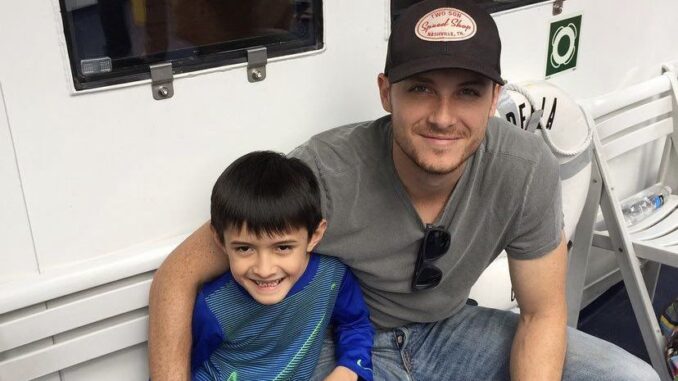
Twelve seasons in, Chicago P.D. has proven itself as one of the grittiest, most compelling police procedurals on television. Its complex characters, high-stakes cases, and moral ambiguity have kept viewers hooked year after year. But there’s one character who continues to stir controversy, not for lack of depth or screen presence, but because he’s intentionally flawed: Hank Voight.
Often labeled the “worst cop” on television, Voight is a textbook antihero — a man who bends, breaks, and often bulldozes the law to serve what he believes is justice. He’s manipulated suspects, strong-armed informants, and even crossed fatal lines when he deems it necessary. To some viewers, this makes him a loose cannon; to others, a necessary evil. But to the writers of Chicago P.D., it makes him the heart of the show.
From the beginning, Voight wasn’t meant to be likable. In fact, his early appearances on Chicago Fire painted him as a corrupt antagonist. But as Chicago P.D. gave him his own platform, his character evolved — not into a hero, but into a layered, deeply conflicted man haunted by his past and obsessed with control. His methods are brutal, his morality blurry. Yet it’s this very imperfection that reflects the complexity of real-world law enforcement dilemmas.
Over time, Voight’s presence has become symbolic of the questions Chicago P.D. dares to ask. Can justice exist without compassion? Can loyalty excuse wrongdoing? Does trauma justify violence? In recent seasons, especially with the exits of more by-the-book officers like Upton and Halstead, Voight’s darkness stands in even starker contrast. He’s the dinosaur in a changing department, clinging to tactics that no longer align with modern policing.
Still, the show doesn’t glorify Voight’s actions. Instead, it invites the audience to wrestle with them. It holds up a mirror to the “ends justify the means” mentality and lets us, the viewers, feel uncomfortable with the reflection. That discomfort is what keeps the conversation alive — and what makes Voight one of the most controversial, yet essential, characters on TV.
